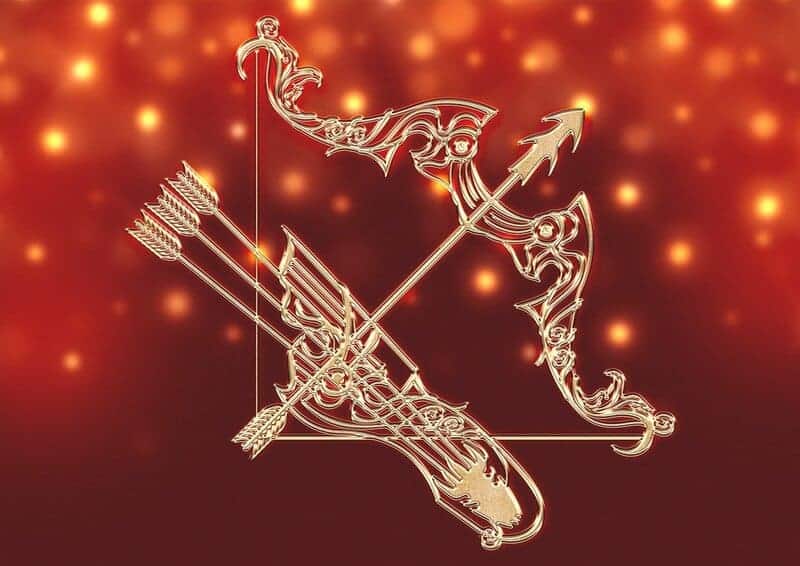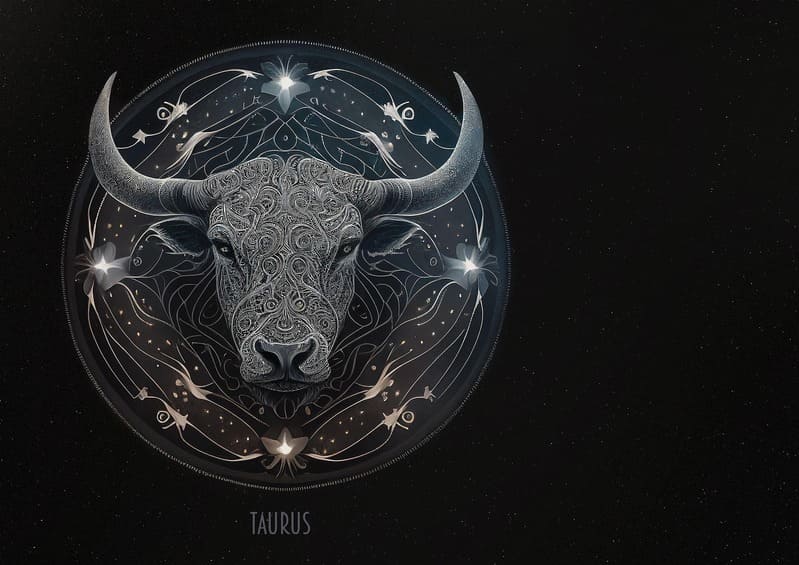Global acceptance of marijuana legalization has made it easy to disregard its profound religious associations dating back to ancient times. The awareness of cannabis as a religious element predates its recreational and political classification in numerous civilizations. The anniversary of April 20th, an unofficial celebration of cannabis, serves as our basis to examine worldwide religious practices from past to present while understanding this complex spiritual history.
Rastafarianism: Marijuana as a Sacrament
The Rastafari movement established the most recognizable religious application of marijuana throughout the 1930s in Jamaica. Implementation of religious rituals among Rastafarians depends on cannabis since they refer to it as “ganja” and recognize it as a holy herb. During religious ceremonies, Rastafarians utilize this herb during reasoning sessions to read the Bible and conduct spiritual discussions to gain religious understanding.
Within this space, marijuana serves purposes beyond leisure activities because believers hold it to be sacred. Rastafarians use cannabis as a holy substance to cleanse their body and mind while drawing closer to God, which leads to experiencing greater peace and unity, and better self-reflection. It helps them relieve stress and find the purpose within it, which then leads to a greater understanding of life and our purpose as individuals.
Hinduism: Cannabis in Ancient Rituals
For thousands of years, those from India utilized marijuana as part of their religious observances, which Hinduism has closely identified with. Cannabis exists as bhang, which functions as a plant-derived drink that people use to celebrate Holi and honor Lord Shiva during religious rituals. Bhang can be mixed with different foods or even milk to create a beverage. Bhang is a paste made from the buds and leaves of the cannabis sativa plant.
Lord Shiva sets an example in Hindu mythology as people use cannabis for helpful meditation practices and spiritual awakening experiences, and divine communion. Bhang is sanctioned through Indian laws in specific areas of the country, and people view it as a blessed religious offering for specific ceremonies. It is considered a festive treat during the Hindu holiday of Holi. Using cannabis in this way enhances the experience of the holiday.
Taoism and Ancient Chinese Practices

During early Chinese Taoist religious traditions, Taoist monks used marijuana by burning it in incense alongside employing it for meditation practices. Historic documents recognize cannabis as a religious instrument that allowed users to reach cosmic heights while prolonging their lives. Throughout Chinese history, this herb has been used to hold significance in religious rituals, but this practice is now rare in contemporary practices, although the ancient uses demonstrate its mystical attributes.
Indigenous and Shamanic Uses of Marijuana
Traditional peoples from Central and South America use marijuana as part of their shamanic religious practices. Spiritual journeys and healing ceremonies alongside purification rituals make up ceremonial use of cannabis despite its lesser prevalence compared to other psychoactive plants. In Shamanic traditions, the users must recognize their spiritual duties when handling this herb. The plant teaching status distinguishes it from typical recreational drugs because ritual users view cannabis as a sacred source that must be handled with reverence.
Judaism and Theories of Ancient Use
Historical archaeologists, together with scholars, have suggested that marijuana probably served ancient Hebrew religious ceremonies. An Israelite shrine yielded evidence of cannabis remnants on its altars, which suggests this herb served a purpose during spiritual ceremonies in ancient times. Modern Judaism practices abstain from using this herb in religious practice, although Jewish scholars and community members now debate medical and ethical cannabis applications because societal views are transforming on a worldwide scale.
Christianity and Modern Debates
The practice of marijuana consumption was absent during early Christian times, but present-day Christian churches oppose this use differently. Organizations that endorse change advocate cannabis utilization for spiritual growth, yet several organizations continue to adamantly oppose its use due to their sobriety and morality concerns. It’s a good mix of support and concern over the use of this herb within this religion.
Final Thoughts
Throughout history, marijuana maintained its power to mesmerize people through Jamaican mountaintop and Indian temple rituals. The modern cultural movement works to respect ancient spiritual customs, while this world is still constantly changing how they feel about individuals using this herb. People observe April 20th through spiritual reflection, which connects them to cannabis as a historical religious guide and cultural artifact.










